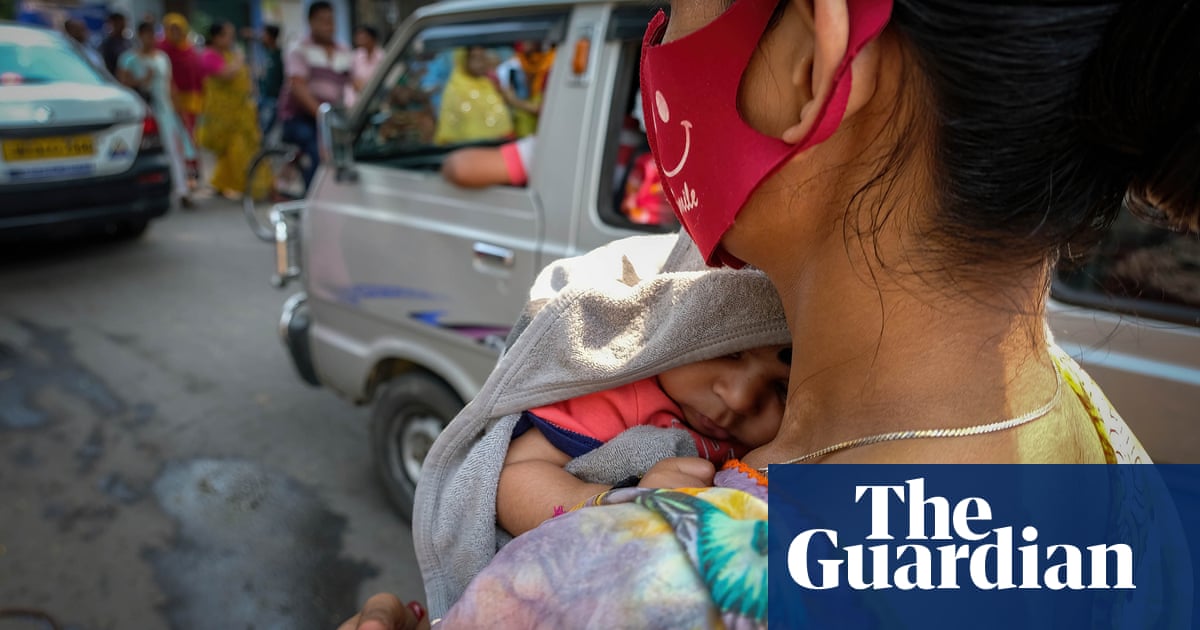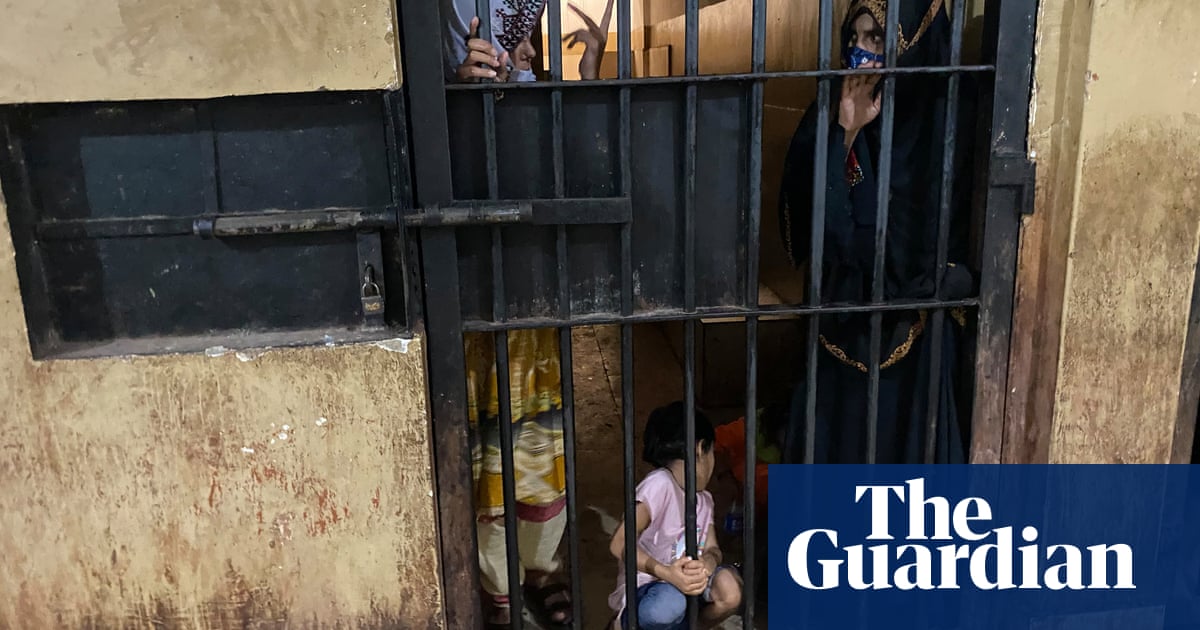
Nineteen children have died of acute respiratory infections in West Bengal this year, and thousands more are in hospital as India grapples with an adenovirus outbreak.
More than 12,000 cases of adenovirus have been recorded in the state since January. More than 3,000 children have been admitted to hospital with severe flu-like symptoms.
The Association of Health Service Doctors warns that the numbers of deaths and cases are likely to be much higher than official statistics. Local media reports put the death toll at more than 100 children. The state’s healthcare system is struggling to cope. Some hospitals have said their paediatric wards are full, and there are reports of children having to share hospital beds.
Adenoviruses can cause respiratory, eye and stomach infections. Health officials say two mutated adenovirus strains are responsible for the number of sick and dead children. The virus has also been found in Maharashtra and Karnataka states.
Helplines have been set up by the local government to handle calls from concerned parents, and the Health and Family Welfare Department has cancelled health workers’ leave to deal with the volume of cases. Clinics have been instructed to open 24 hours a day, seven days a week. Protocols used during the Covid pandemic, such as mask-wearing and social distancing, are being introduced to slow infections, although schools have not been ordered to close.
“The magnitude and severity of the epidemic is unprecedented,” said paediatrician Apurba Ghosh.
Last week, more than 100 families who had travelled with sick children from villages and towns across the state were camped inside the grounds of BC Roy children’s hospital in Kolkata, waiting for news from doctors.
Alamin Mollah, from Canning, about 60 miles from the state capital, had brought his one-year-old son to the hospital. The baby was constantly crying and suffering from diarrhoea (another symptom of the adenovirus).
Mollah said the doctor back home was not helpful. “The baby was refusing food and water. He was not drinking the ORS [oral rehydration solution]. The doctor said: ‘If the baby is not drinking the ORS, nothing can be done,’ and walked out. He didn’t even bother to examine the child. So we decided to come to Kolkata.”
Also at the hospital, a woman from the city of Bangaon said her 10-month-old grandson had died of respiratory failure, having had breathing difficulties and a fever for more than a month. “He was coughing so hard that blood started coming out of his mouth. The doctors told me his lungs had been badly damaged,” she said.
On Sunday, the West Bengal government formed an eight-member taskforce to monitor cases and treatment. Doctors who spoke to the Guardian said one reason for the high volume of cases among young children, is because they were not able to build immunity to common infections during Covid lockdowns.
They added that paediatric healthcare has not received enough attention in recent years. One health official said “The primary healthcare centres in the state, which are the first point of healthcare intervention, are not equipped with health management for severe paediatric ailments.”
Dr Prabhas Prasun Giri, who runs the paediatric intensive care unit at the Institute of Child Health in Kolkata, said the state had not been prepared to deal with the huge influx of patients. “As we live in the post-Covid era, we should be prepared for any such type of virus outbreak. This year, it’s adenovirus. Next year, it may be RSV [respiratory syncytial virus]. Another year, it may be flu,” he said.
During the Covid pandemic, adult ICU services were developed to handle infections but paediatric facilities were not, he added. Most private hospitals in Kolkata have adult intensive care units but don’t have paediatric ICUs. “So the most challenging aspect has been accommodating sick children in ICUs,” he said.











